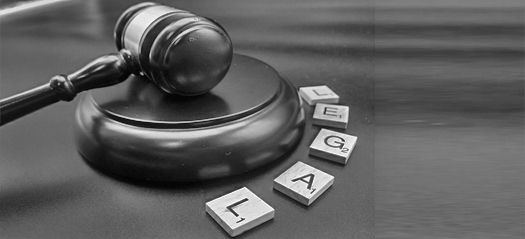
Many Muslims have to grapple with the challenge of being able to complete their obligatory prayers whilst at school or at work, particularly during the winter months. Many schools and workplaces are very accommodating of this need and ensure that appropriate spaces are made available.
Students are often provided with a classroom which they can access at lunchtime, and some schools even accommodate congregational prayers, particularly on a Friday.
Michaela Community School is a secular secondary free school located in Wembley, and around half of its 700 students are Muslim. It has been dubbed ‘the strictest school in Britain’ by its Headmistress, Katherine Birbalsingh, due to its unorthodox approach to discipline and supervision; she says her approach is aimed at minimising the distinctions and divisions between the children and promoting social and cultural integration between them.
The school does not have a prayer room, but some students had been permitted to use a classroom to pray at lunchtime.
Most students believed that they were not able to use the school building to pray, but many believed that they should be praying at lunchtime, leading to some students praying in the outside space used at lunchtime in Spring 2023 during Ramadan.
The number of students who began to pray outside increased, and the fact that they were praying outside, using their blazers as prayer mats, led to videos being posted on social media, an online petition, and abusive and threatening emails to the school, including one which suggested that bombs had been planted in the school building.
The school decided to ban ‘prayer rituals’, some of the reasons being: (a) it was not practical to offer space inside the school for students to prayer, given the logistical issues that this would create; (b) the ethos of ‘community’ would be undermined; (c) permitting ‘prayer rituals’ had fostered division and intimidation amongst students as well as adversely impacting on compliance with the school’s behaviour policy.
The Head noted that once ‘prayer rituals’ were banned, the school had “returned to the peaceful and successfully integrated community that it had been…”.
The school determined that their policy was not unfair to Muslim students, as they could make up their missed prayers as Qada after school hours.
A Muslim female student in Year 9 who was unhappy about the prohibition on ‘prayer rituals’ brought a claim against the school, arguing that it amounted to a breach of her right to freedom to manifest her religious beliefs (Article 9 of the European Convention on Human Rights) as well as indirect discrimination against Muslim students.
In a lengthy decision, the High Court determined that the claims brought did not succeed. The court accepted that if a prayer space was provided in the school (which, given the logistics of the school, would be challenging), there would likely be significant uptake of this provision, given the religious make-up of the school; this would serve to emphasise religious difference between students and undermine the secular ethos of the school.
The court also noted that students impliedly accepted, when they enrolled in the school, that their ability to manifest their religion would be restricted, and were able to make up their prayers as Qada. The ban on ‘prayer rituals’ was considered to be a proportionate response by the school given the issues they had identified.
Unsurprisingly, this decision has garnered significant publicity, and divided opinion; Equalities Minister, Kemi Badenoch, said that the ruling is “a victory against activists trying to subvert our public institutions” as “divisive”, and many argued that the school should be entitled to maintain its secular ethos, with parents who did not agree with it free to send their children to another school.
However, the decision was criticised by Muslim leaders and commentators, who considered that there been a fundamental misunderstanding of what it means to be a Muslim, and the importance of prayer as a fundamental part of their identity.
Writing in the Independent, Hira Ali noted that in circumstances where the school had relied on the importance of inclusivity, the decision was ironic as it “disregards the fact that prayer is an indispensable part of many individuals’ lives; reducing it to a discretionary or optional dismissible activity is an implicit act of exclusion, contradicting the initial aim of fostering cohesion and inclusion within the school community in the first place.”
What is likely to be the effect of this decision more widely? It is important to note that many of the reasons relied on by the school were very specific to their unique approach to the school day, including, for example, the fact that they did not characterise the lunch period as ‘free-time’ for students, as well as the unusual set-up of their building.
Where such issues did not arise, it might be more difficult to argue that the restriction on prayer in school was justified. However, it remains to be seen how this decision will in fact impact on schools’ decision making in the future.
Safia Tharoo
Barrister, 42BR Barristers